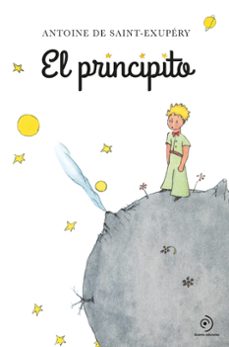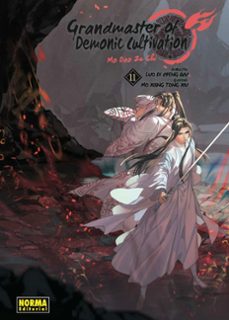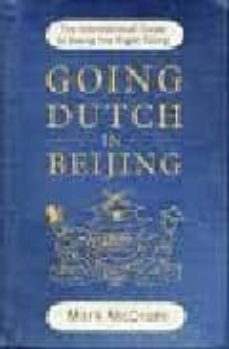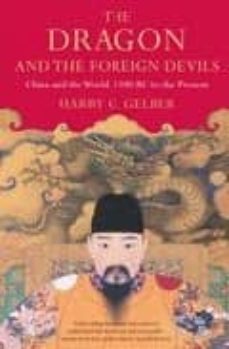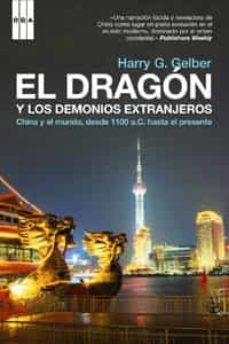Imprescindibles
Ficción
No Ficción
Ciencias y tecnología BiologíaCienciasCiencias naturalesDivulgación científicaInformáticaIngenieríaMatemáticasMedicinaSalud y dietas Filología BiblioteconomíaEstudios filológicosEstudios lingüísticosEstudios literariosHistoria y crítica de la Literatura
Humanidades Autoayuda y espiritualidadCiencias humanasDerechoEconomía y EmpresaPsicología y PedagogíaFilosofíaSociología Historia ArqueologíaBiografíasHistoria de EspañaHistoria UniversalHistoria por países
Infantil
Juvenil
Cómic y manga
Novela gráfica Novela gráfica americanaNovela gráfica europeaNovela gráfica de otros países Personajes, series y sagas Series y sagasStar Wars Superhéroes Cómics DCCómics MarvelCómics otros superhéroesCómics Valiant
eBooks
Literatura ContemporáneaNarrativa fantásticaNovela de ciencia ficciónNovela de terrorNovela históricaNovela negraNovela romántica y erótica Juvenil Más de 13 añosMás de 15 años Infantil eBooks infantiles
Humanidades Autoayuda y espiritualidadCiencias humanasEconomía y EmpresaPsicología y PedagogíaFilosofía Historia Historia de EspañaHistoria Universal Arte CineMúsicaHistoria del arte
Ciencia y tecnología Ciencias naturalesDivulgación científicaMedicinaSalud y dietas Filología Estudios lingüísticosEstudios literariosHistoria y crítica de la Literatura Estilo de vida CocinaGuías de viajeOcio y deportes
HARRY G. GELBER
Recibe novedades de HARRY G. GELBER directamente en tu email
Filtros
Del 1 al 4 de 4
PROFILE BOOKS 9781861978622
Why shouldn't you offer to pay for your share of the meal in China? Or say 'chin chin' as you raise your glass in Japan? Or use the 'thumbs-up' sign to mean 'that's OK' in Sardinia? In China, your host will lose face if he doesn't pick up the tab. In Tokyo, 'Chin chin' is slang for 'small penis'. In Sardinia a raised thumb means 'Sit on this!' - try that in a traffic jam in Cagliari. The world is not, in fact, flat; and as travel becomes ever easier, understanding the way things are done in other societies becomes ever more crucial. "Going Dutch in Beijing" aims to help its readers avoid minor international incidents by offering a light-hearted but informative look at everything from first greetings to last rites, covering key minefields of misunderstanding along the way. If you want to know what not to say, what not to wear and what not to do when you are invited round for dinner, all around the world, it's as well to get up to speed before you find yourself in the local police station.
Ver más
Tapa blanda
BLOOMSBURY PUBLISHING LTD. 9780747593294
China's story is of warfare and violence, philosophical and political invention, shining artistic achievement and often complex and subtle relations with outsiders. Harry G. Gelber's fascinating general history of this great nation makes sense of China's changing relationship with the rest of the world as never before. From the invasions by steppe horsemen in 200 BC to Genghis Khan and the Mongol conquests, from the arrival of Marco Polo to the Opium Wars, from Communism to the Tiananmen Square protest, Gelber traces the path that led to China's resurgence as a dynamic economy and a powerful international player today.
Ver más
Tapa blanda
MACMILLAN PUB. LTD. 9780333921494
Tapa dura
RBA LIBROS 9788498671377
El resurgimiento actual de China como potencia mundial es tema de apasionante interés. El desarrollo explosivo de la economía china y la posibilidad de que la República Popular sea pronto una de las superpotencias mundiales, con hegemonia en Asia oriental e influyente en el resto del mundo, suscita interes, admiracion y envidia universal; y tambien alarma. La mayoria de los historiadores abordan la historia de China segun la cronica de sus dinastias, los conflictos por la defensa de sus fronteras y su politica interna. El dragon y los demonios extranjeros cuenta la historia de China simultaneamente desde fuera y desde dentro. Su excelente narracion analiza la red de relaciones del proceso, desde las incursiones de los pueblos montados de la estepa hacia 200 a. C. hasta el imperio mongol de Gengis Khan, desde el viaje de Marco Polo hasta las guerras del opio, y a partir de la revolucion comunista de 1949 hasta la protesta en la plaza de Tiananmen en 1989, para concluir con el reciente resurgimiento de China con su pujante economia, protagonista importante en el escenario mundial.
Ver más
Tapa blanda
Del 1 al 4 de 4









